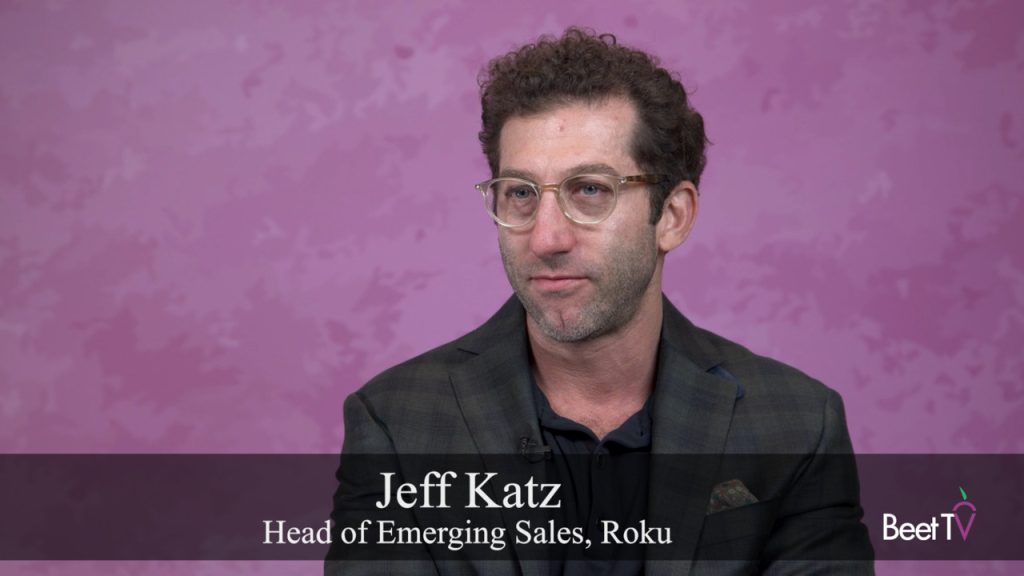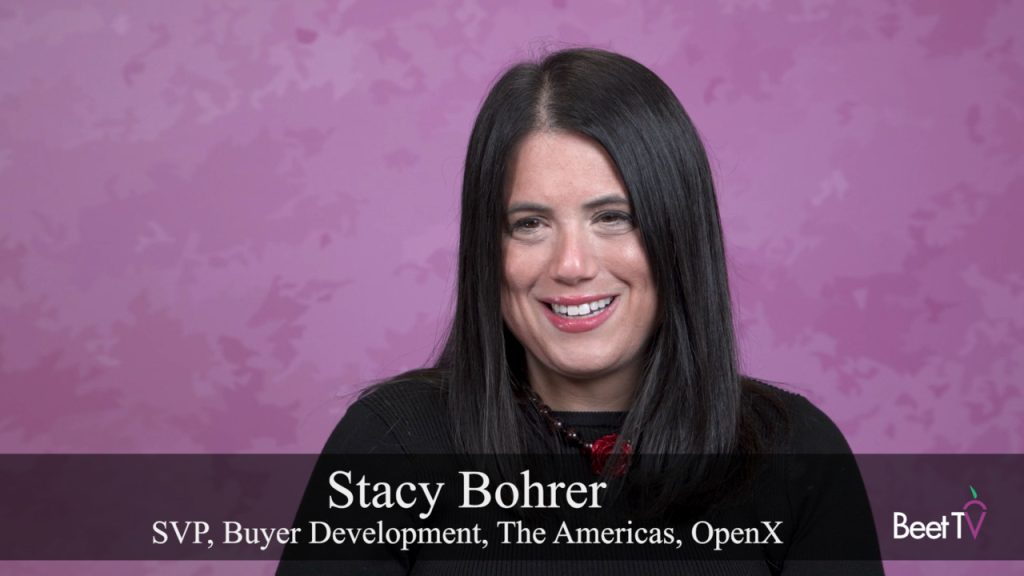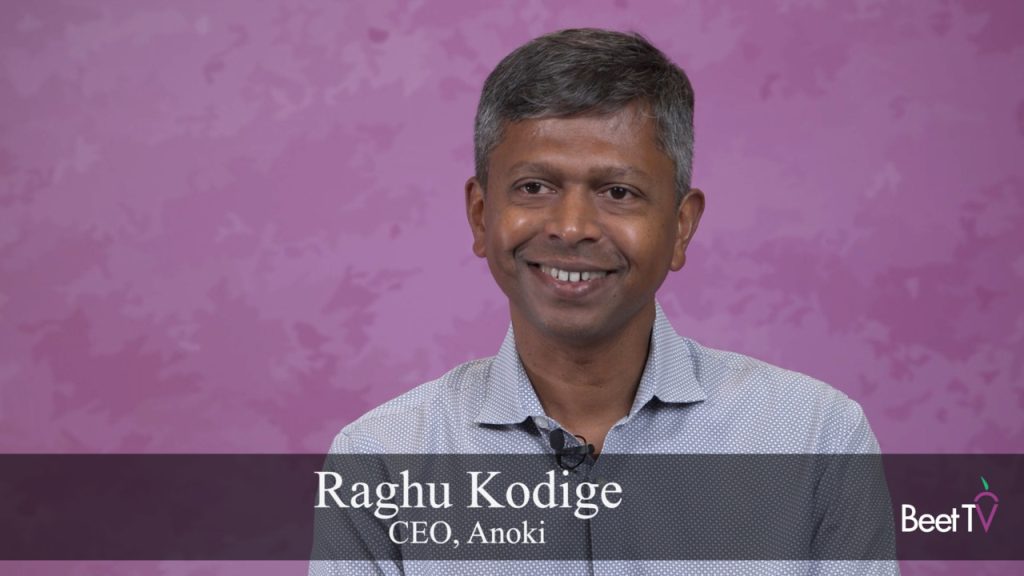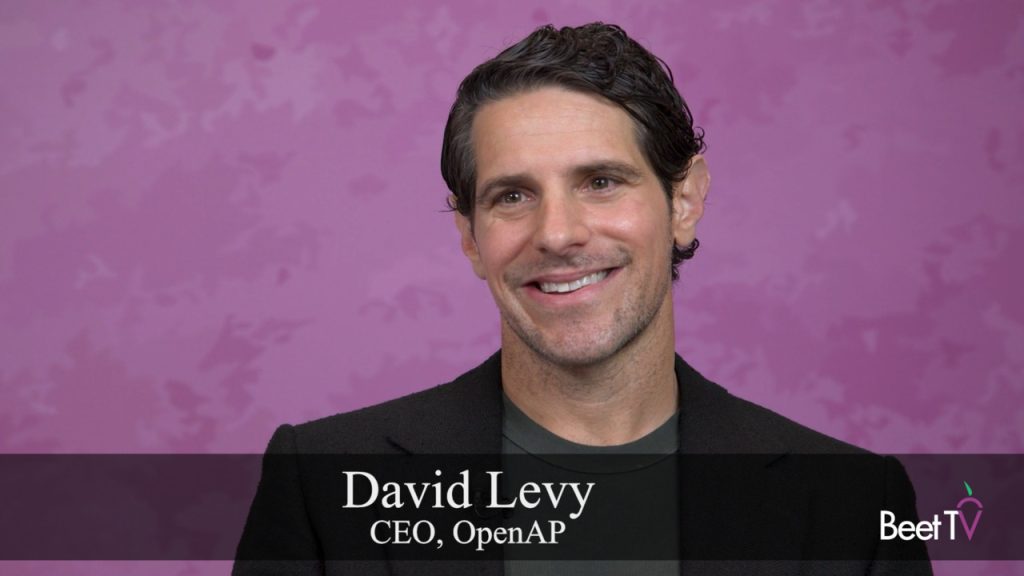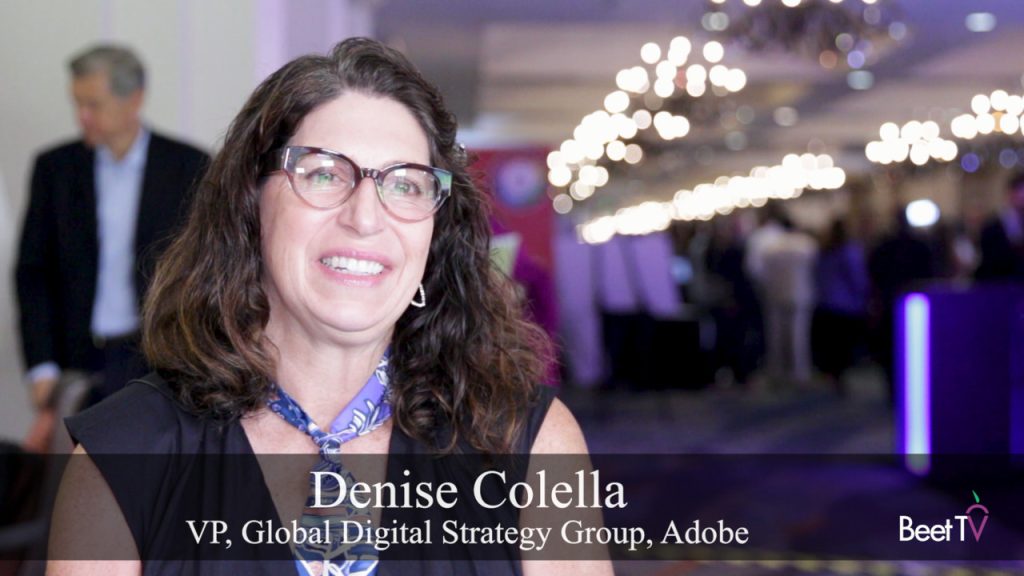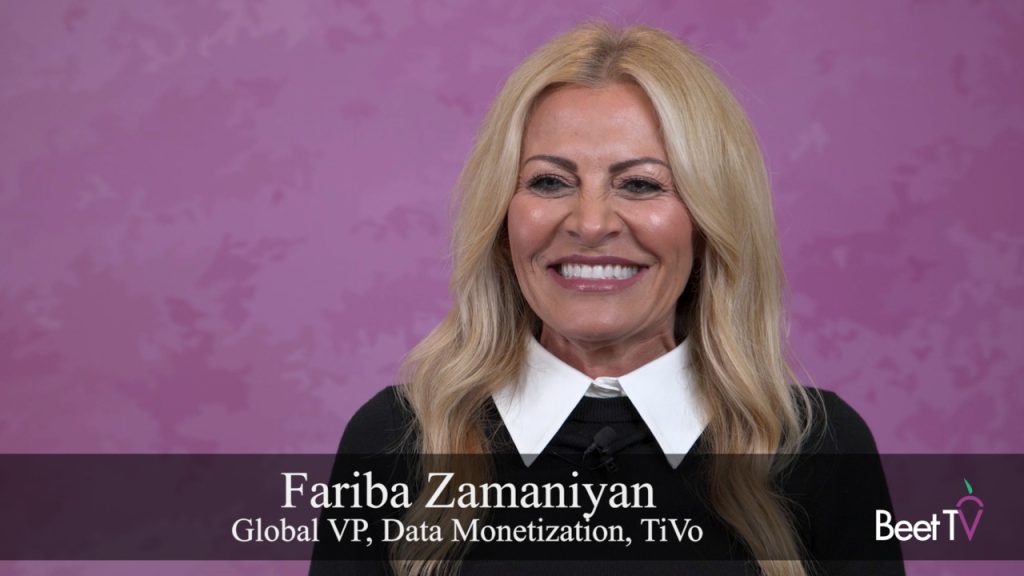CANNES — Media and marketing executives gathered this week at the Cannes Lions International Festival of Creativity are discussing how advertising is changing as linear television, digital video and video games mingle on people’s electronic screens.
“Finally, we’re seeing streaming and linear TV and gaming and other video coming together,” Dave Morgan, founder and chief executive of ad-tech firm Simulmedia, said in this Beet.TV interview with consultant Jon Watts, “and those discussions are happening here and I like that it’s anchored in the creative conversation.”
Morgan’s company this week welcomed Jon Steinlauf, chief U.S. advertising sales officer at Warner Bros. Discovery, to its board of directors. He oversees a portfolio of media brands that includes Discovery, HGTV, TBS, TNT, Adult Swim, CNN, Turner Sports, Discovery+ and HBO Max.
Agency Holding Companies Lag in Innovation
Advertising conglomerates need to transform their organizations to keep up with the pace of technological changes in the media marketplace, Morgan said.
“It’s hard to do what they do with tens and thousands of employees and clients that are squeezing them for fees and focusing on efficiency,” he said, “but they’re not places of innovation, they’re places of efficiency.
The leaders of the holding companies are pushing for innovation, even if it means acquiring marketing technology startups.
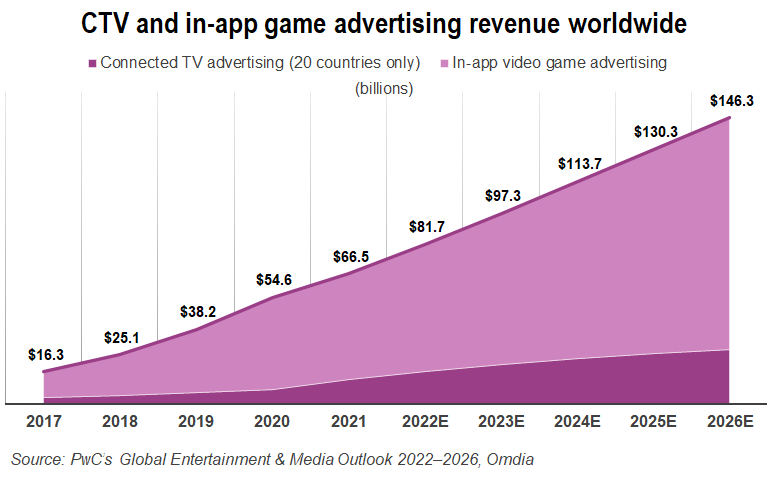
“They all desire to move it forward in a place of innovation, but it’s not happening there,” Morgan said. “The holding companies are gonna have to change a lot. They’re not going away, but the innovation is not happening there.”
Gaming Engages Younger Audiences
As many younger consumers spend more time with video games than with television, marketers are finding inroads into gaming.
“If you’re looking for people that are largely over 40, you’re going to find them on linear TV. If you’re looking people from their 30s to their 50s, you’re going to find them — and particularly higher-income — predominantly on connected TV and streaming,” Morgan said. “If you’re under 35, you’re not on either of those except for sports and a few other events. They’re gaming.”
Console video games traditionally have avoided advertising because they didn’t want to alienate gamers who were shelling out for games that provided an ad-free experience. But as mobile games have shown, there is a model for advertising that rewards gamers for paying attention to ads.
“The mobile gaming world has proven out the acceptance of an advertising model but it’s a pretty crappy model, it’s click to download, sort of direct response ads,” Morgan said, “but we’re starting to see in the PC and console games the adoption, and particularly free-to-play games, of permissioned opt-in ads that are skippable, but they’re tied in the reward points of the game.”
Purpose-Driven Advertising
As consumers become more conscious of social issues, they want to associate themselves with brands that are aligned with their personal values. The media and marketing industry have a key role to play in supporting institutions that are essential to democracies.
“We forget the fact that without ad-supported media, you cannot have an independent news and journalism organization, you cannot have independent entertainment,” Morgan said. “For anyone who has grown up in countries, in nation states that are, they’re not liberal democracies, they don’t understand what they’re missing and doing it right matters.”





























